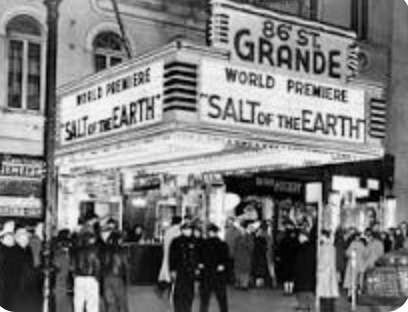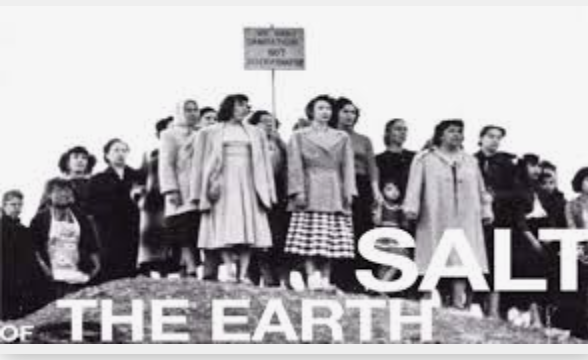When I was in elementary school in the late 1950s, at the height of the Cold War, we were taught that our conflict with the Russians was all about freedom.
Our problem with them wasn’t what they did, but how they did it.
More than one well-intentioned teacher told us that it wasn’t Communism we hated, but the fact that it was imposed on people. We learned that if the people of a country chose to be Communist by voting it in, that would be perfectly fine with us.
Somewhere in the afterlife, John D. Rockefeller was laughing.
And Salvador Allende is weeping.
Most of us have heard of Rockefeller, but for those who aren’t familiar with Allende, he has a Marxist who was legitimately elected president of Chile in 1970, only to be assassinated in a coup supported by American corporations just three years later.
So much for civics class.
Ironically, freedom of association seems far more acceptable on the far right than on the far left. I have written before about the German-American Bund in the last few years leading up to World War II, and many people seemed willing to write it off as just an example of ancestral pride. After all, there are more Americans of German descent than any other ethnic group.

Of course, in the 1930s it was even fashionable to look at the Soviet Union through the proverbial rose-colored glasses. With Capitalism on the critical list during the Great Depression, many people saw communism and the USSR as good for the future of mankind.
Yet less than a generation later, even the most obscure connections to many leftist groups were enough to ruin careers, marriages and lives.
In the early 1950s, nearly at the end of Joe McCarthy’s heyday, even mainstream labor unions were back on their heels. As for the entertainment industry, dozens of actors, writers and directors found themselves with the decision either to turn in people they knew or find themselves on blacklists.
The two entities — unions and entertainment — crossed paths in 1954 to make a film that might have been the most controversial in American history. In fact, it’s the only film ever banned in the United States by Congress.
I had never heard of “Salt of the Earth” until I read Danny Peary’s wonderful book “Alternate Oscars” in 1993. Peary went year by year back to the beginning and named what he thought should have been the Best Picture, Best Actor and Best Actress Oscars. When I reached the awards for 1954, when a pretty fair film called “On the Waterfront” had won, I was surprised to see that Peary had picked a film I didn’t know at all.

The producer, the director, the screenwriter and the composer had all been blacklisted, so they made “Salt of the Earth” about a mine strike in New Mexico. Only one cast member — Will Geer — was familiar to me, and many of those in the film were deported to Mexico and never appeared in another American film.
It was the only movie the U.S. Congress ever banned in this country, and it was the only American movie shown in mainland China between 1950 and 1979.
Since the copyright expired in 1982, “Salt of the Earth is in the public domain and is fairly inexpensive. It’s basically the adaptation of a true story of zinc miners who went on strike in New Mexico and had the Taft-Hartley Law used to keep them from picketing. So they went home and their wives did the picketing.
Of course the film was trashed as Communist propaganda, and it was always fascinated me that we seem to tolerate fascists while at the same time attacking communists. It’s reasonably apparent that one reason for that is that fascists are a lot more tolerant toward big business and private property than communists are.

If you want to know how much America has changed, and not for the better, consider this:
I someone was asked 50 years ago to describe this country, they probably would say we were land of the free and the home of the brave.
What would they call it now?
A free market system, where freedom (and bravery) are all about people being able to buy or sell whatever they want.
Isn’t that special?

